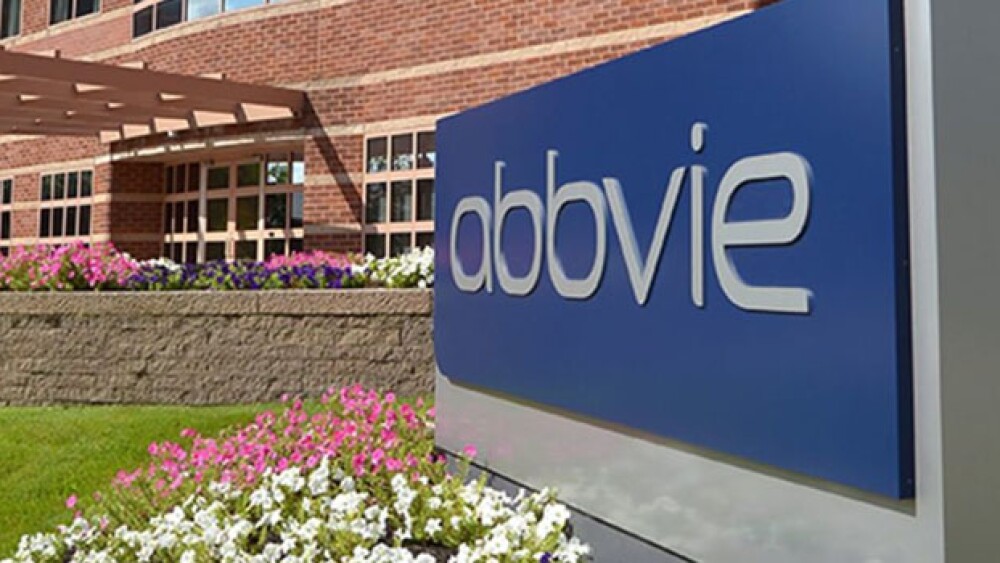AbbVie said its Phase III drug risankizumab is more effective than its own blockbuster drug Humira or J&J’s Stelara for psoriasis patients.
AbbVie said its Phase III drug risankizumab is more effective than its own blockbuster drug Humira or Johnson & Johnson’s Stelara in treating patients with moderate to severe chronic plaque psoriasis.
After 16 weeks of treatment, Illinois-based AbbVie said the drug met co-primary endpoints of at least a 90 percent improvement in the Psoriasis Area and Severity Index and a static Physician Global Assessment score of clear or almost clear across all three studies versus placebo or Humira (adalimumab).
Michael Severino, AbbVie’s chief scientific officer, said the company was encouraged by the Phase III results. He said the number of patients who achieved “high rates of skin clearance” in the head-to-head trials is “particularly exciting.”
“Risankizumab has the potential to provide a meaningful new treatment option for people living with psoriasis,” Severino said in a statement.
Lead investigator Kristian Reich noted that four out of five patients achieved clear or almost clear skin with risankizumab at week 16. High levels of skin clearance, PASI 90, were also seen at week 44 for patients who received risankizumab, with a 12-week dosing regimen, Reich added in a statement issued by AbbVie. Like Severino, Reich said risankizumab has the potential to address unmet needs in patients suffering from psoriasis.
Despite that announcement, investors were not overly impressed. Shares of AbbVie are down nearly 5 percent in morning trading to $88.48 as of 10:25 a.m.
Rizankizumab is an anti-IL-23 monoclonal biologic antibody. AbbVie licensed risankizumab from Boehringer Ingelheim in March of 2016. AbbVie is leading the development and commercialization of the product. In addition to plaque psoriasis, risankizumab is also being assessed as a potential treatment for Crohn’s disease, psoriatic arthritis and asthma. Future trials are planned to investigate risankizumab in ulcerative colitis.
AbbVie is hoping to find a strong new revenue driver in risankizumab, particularly as other companies are moving forward with treatment options. In July, the U.S. Food and Drug Administration gave the nod to Janssen’s Tremfya (guselkumab) for adults with moderate-to -severe plaque psoriasis who are candidates for systemic therapy or phototherapy. Like risankizumab, Tremfya is a human monoclonal antibody that functions by selectively blocking interleukin (IL)-23. Sales of Tremfya are predicted to hit about $1.6 billion at its peak.
Other drugs crowding the field include Valeant’s Siliq (brodalumab), an interleukin-17 (IL-17) inhibitor, and Novartis’ Cosentyx (secukinumab), which was approved in 2015. In May 2016, the FDA approved Eli Lilly’s Taltz (ixekizumab) to treat adults with moderate-to-severe plaque psoriasis.





